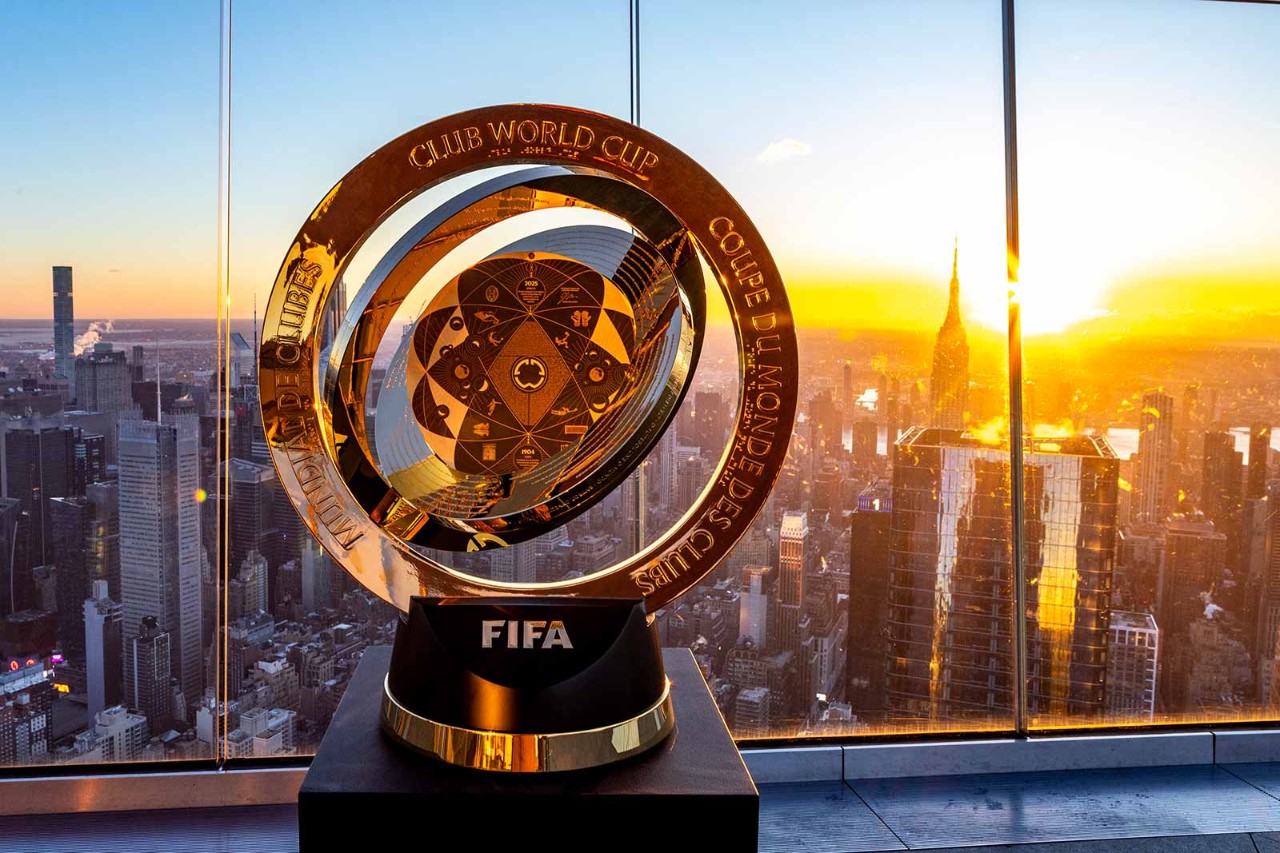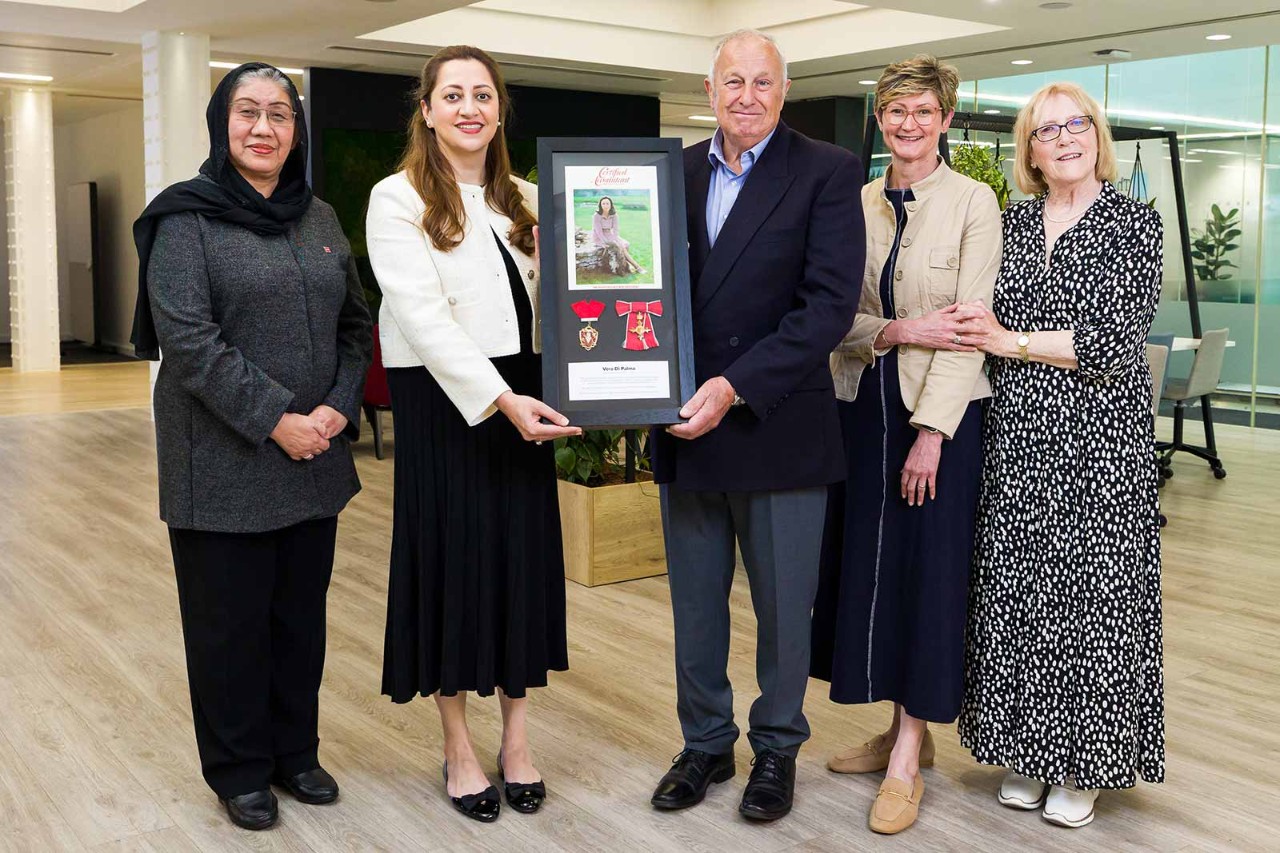
Football world governing body Fifa has announced a US$1bn prize fund for the 2025 Club World Cup tournament, including up to US$125m for the winners. A US$525m windfall will be divided between all participating clubs and US$475m awarded on a performance-related basis.
However, Fifa has not managed to secure tax concessions for the participants so far, leaving the clubs liable to pay multimillion-dollar bills to US tax authorities on top of tax payable in their home countries. With the vast majority of the 32 participants based outside the US, the absence of tax relief could significantly diminish the tournament’s financial attractions.
Paris Saint-Germain could be one of the worst-affected teams
Fifa has historically demanded tax exemptions for itself and related parties from countries hosting World Cup tournaments. And it has indeed obtained exemptions from a range of taxes for the 2026 World Cup games played in the US, with competing nations exempted from a number of city, state and ticket sales taxes.
Officials remain confident they will be able to achieve the same kind of exemptions before this year’s club tournament. Fifa has launched a charm offensive to secure them, with its president Gianni Infantino meeting President Trump in March and showing off the Club World Cup trophy in the Oval Office in a bid to smooth the negotiations.
The failure to secure a dispensation just a matter of weeks before the tournament kicks off stems largely from the last-minute nature of the tournament’s scheduling. It has been put together at much shorter notice than next year’s World Cup. The 12 venues were announced only in September 2024, for example, less than nine months before the tournament’s curtain-raising match on 14 June 2025.
Tax differentials
Fifa, which is taking advice from PwC, has to navigate other tax complexities too, including the differing tax rates between the US states, which could result in some clubs paying more tax than others, depending on where their games are played.
French champions Paris Saint-Germain could be among the worst-affected teams. Two of PSG’s three group matches take place in Los Angeles, California, where the tax rates reach up to 7%. Chelsea, whose group outings are in Philadelphia and Atlanta, where income tax is 5.5%, could also face a significant tax burden on its tournament earnings.
By contrast, Manchester City will benefit from facing Juventus in their final group fixture in Orlando, as there is no state income tax in Florida.
Sponsorship spat
Fifa has also had to resolve a number of other disputes along the way. They include negotiating with some existing sponsors over whether their contracts extend to the new tournament.
Long-term partners Adidas and Coca-Cola lodged cases against Fifa at the Swiss Arbitration Centre in Zurich around Club World Cup sponsorship rights after Fifa attempted to negotiate new contracts for the revamped event. They had signed deals to 2030, thought to be worth about US$70m for each four-year cycle, and believed those deals included rights for the Club World Cup.
The tournament has been surrounded by financial uncertainty
Both companies were unwilling to enter a fresh tender process with Fifa. Coca-Cola subsequently agreed a compromise, while Adidas reached an agreement earlier this year to be the tournament supplier. It is not known whether Coca-Cola and Adidas negotiated new contracts for the Club World Cup or had the competition included in their existing deals.
Such has been the financial uncertainty surrounding the tournament that Real Madrid did not budget for any income from the tournament in its initial projections for 2024/25 because ‘there is no precise information’ on the competition. It shared its budgetary projections for the 24/25 season with club members in documents that showed its 23/24 turnover surpassing €1bn – a first for any football club – without including any income from the tournament.
Big deal
Much of the uncertainty was alleviated after Fifa secured a US$1bn broadcast deal with sports streaming platform DAZN, after talks with Apple broke down. Together with ticket sales, broadcast revenues make up the bulk of the tournament’s anticipated US$2bn income.
‘DAZN will bring the best of club football for free to everywhere in the world,’ Infantino says, ‘meaning that every single football fan across the globe can watch the best players from the 32 best clubs compete to be the first official Fifa Club World Champions.’
It is hoped the problems will all be sorted out by the time the feast of football begins in June.



